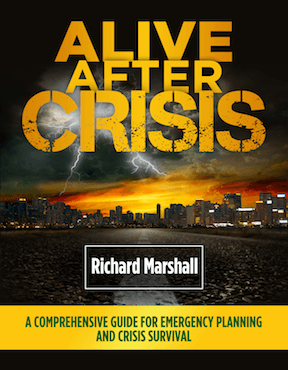Most preppers know that when it comes to bugging out, you have to have the basic supplies in order to survive. Those supplies are food, water and shelter. You have to have shelter from the elements to protect yourself from cold, wind, rain, and heat.
A shelter can also help your body hold onto its own heat – which can make a difference in your survival. Sometimes people think that they’ll just build a shelter out of whatever it is that nature provides.
The problem with that is that there are never any guarantees when you have to bug out. You may end up in an area where nature doesn’t provide you with a stick, much less enough means to be able to create a shelter.
Your best bet is to always plan your shelter in advance. That means having it with you so that it’s on hand wherever you go. Tents are the most versatile and lightweight shelters that you can take in your bug out bag.
They keep out the weather and can go up quickly as well as be taken down quickly. They save you from having to find a way to get protection from the elements – which is one less worry for you during a chaotic situation.
Always choose the most lightweight tent – even if you have to pay more. When choosing a tent for your bag, there are a few things to consider. You want to first choose the tent by the right size.
You’ll do this by determining how many people will be using the tent as a shelter. Keep in mind that even lightweight tents can be heavier if you get the bigger ones.
What some preppers do is they choose more than one small tent and divide the sleeping arrangements. The tent just needs to give you a place to sleep so you don’t need to worry about anything fancy or something that has to give you a lot of height.
The Sundome 3 Person Tent is a good choice and so is the Coleman Tent Kit. Buying any good quality tent kit is a good idea because you get the tent, plus you get accessories that can make the set up and tear down faster.
Some of these could be things like a stake puller, a mallet, extra string and so on. Finally, you’ll want to consider the material and quality of the tent. If you buy the cheapest tent on the market, you’ll likely end up with one that may not survive beyond a night of use – if that. Look for ones that have stronger poles and shelters that have a floor that prevents water from seeping in.

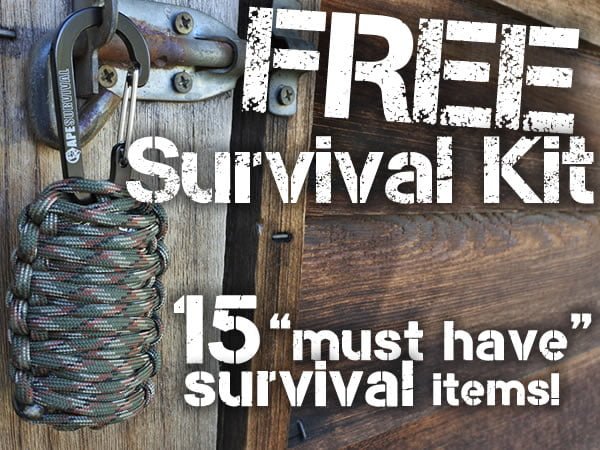
 Prepper Lifestyle
Prepper Lifestyle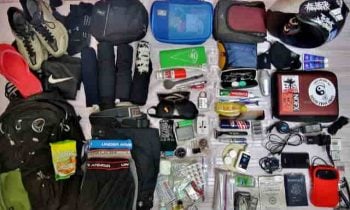 Silent Bug out Bag
Silent Bug out Bag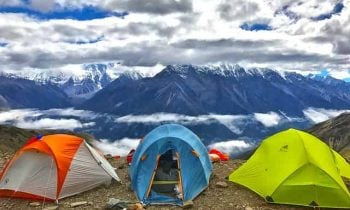 Bug Out Partner
Bug Out Partner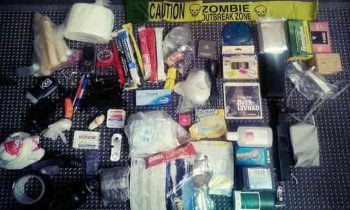 Don’t draw Attention
Don’t draw Attention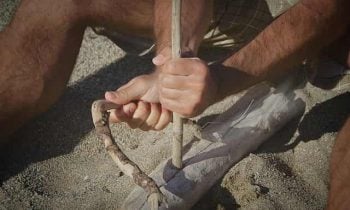 No Multitask
No Multitask